
Bashar al-Assad (front) at his father's funeral in 2000
Born on September 11, 1965, Mr. Bashar al-Assad is the third son in a family of five children of the late leader Hafez al-Assad, President of Syria since 1971 after a coup.
As the second son in the family, he never thought he would become president. However, everything was turned upside down when his brother Bassel al-Assad, whom their father had focused on grooming as his successor, was killed in a traffic accident in 1994, according to AFP on December 8.
Trained as an ophthalmologist
The Syrian president comes from the Assad family, part of Syria's Alawite minority, which makes up about 10% of the country's population. This family has played a dominant role in Syrian politics since the 1960s.
Mr. Assad was raised and raised in the capital, graduating with a degree in ophthalmology from Damascus University in 1988. After graduating, he worked as a doctor at a military hospital in the Syrian capital before moving to London (UK) to continue his medical career in 1992.
There, he met his future wife, Asma, a British woman of Syrian origin and a Sunni Muslim. Asma worked for JP Morgan and was once dubbed the “desert rose” by Vogue magazine.
In 1994, his brother Bassel died in a traffic accident. Mr. Assad was forced to abandon his studies and return to his homeland from London. Upon his return, he attended military courses at a military academy and was personally taught politics by his father.
Over time, he was promoted to colonel of the elite Republican Guard, also known as the presidential guard, which has about 25,000 men.
He was also given the responsibility of leading the anti-corruption campaign before becoming Chairman of the Syrian Computer Association, an organization founded by his late brother in 1989.
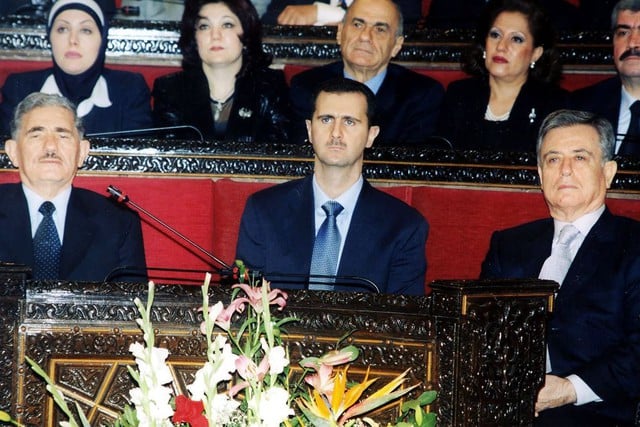
Syrian President Bashar al-Assad in March 2003
Become president
On June 10, 2000, Mr. Assad's father, President Hafez al-Assad, passed away. Shortly afterward, the parliament quickly passed a constitutional amendment that lowered the minimum age to become president from 40 to 34, the same age as Mr. Assad.
On June 18 of the same year, Mr. Assad was elected as Secretary General of the ruling Baʿath Party. Two days later, the ruling party congress nominated him as a presidential candidate and the parliament approved him. On July 10, he was elected as the next president of Syria, beginning a seven-year term.
During the first days of his term, he often drove to work, or had dinner with his wife at Damascus restaurants.
He also eased some of the restrictions imposed during his previous term and was seen as Syria's young reformer. He was re-elected for a second term in 2007.
However, during his time in office, Mr. Assad was opposed for his tough stance against the movement of intellectuals and scholars, in an effort to call for reform of Syrian society.
Civil war breaks out
In 2010, the Arab Spring movement began to rise in Arab countries, with unprecedented demonstrations and protests. When the movement spread to Syria in March 2011, peaceful street protests demanded government change. Attacks on government forces also occurred.
By mid-2012, the conflict in Syria had erupted into civil war. In the years that followed, President Assad relied on alliances with Russia, Iran and the Lebanese Hezbollah movement to maintain power.
During the past time, Mr. Assad still affirmed that the origin of the civil war came from foreign manipulation.
On May 26, 2021, Mr. Assad was re-elected for a fourth term with 95.1% of the votes.
On December 8, the Syrian opposition military forces declared control of the capital, saying Damascus was “free”. The opposition also announced that President Bashar al-Assad had left Damascus. So far, President Assad has not appeared or made a statement while the opposition forces are present in the capital Damascus.
On the evening of December 8, the Russian Foreign Ministry confirmed that Mr. Assad had left Syria after announcing the peaceful transfer of power. The Syrian Prime Minister said he had lost contact with Mr. Assad.


![[Photo] Students of Binh Minh Primary School enjoy the full moon festival, receiving the joys of childhood](https://vphoto.vietnam.vn/thumb/1200x675/vietnam/resource/IMAGE/2025/10/3/8cf8abef22fe4471be400a818912cb85)




![[Photo] Prime Minister Pham Minh Chinh chairs meeting to deploy overcoming consequences of storm No. 10](https://vphoto.vietnam.vn/thumb/1200x675/vietnam/resource/IMAGE/2025/10/3/544f420dcc844463898fcbef46247d16)



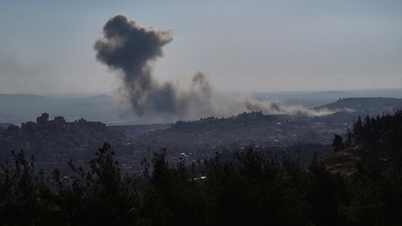



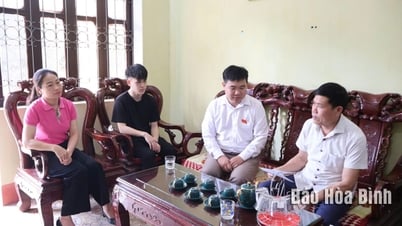

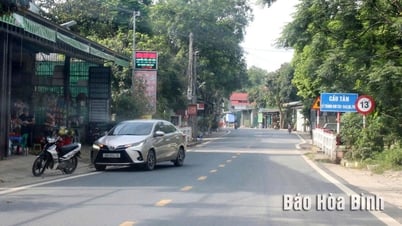










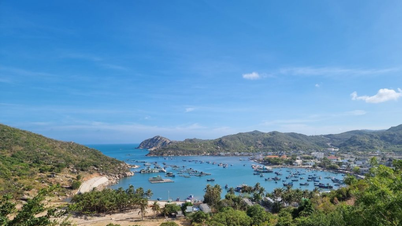




















































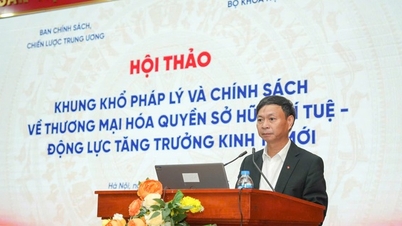



![[Infographic] What are the growth targets of Dong Nai province in the first 9 months of 2025?](https://vphoto.vietnam.vn/thumb/402x226/vietnam/resource/IMAGE/2025/10/3/45f9330556eb4c6a88b098a6624d7e5b)


















Comment (0)